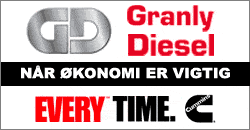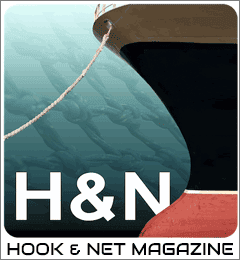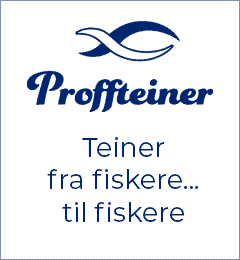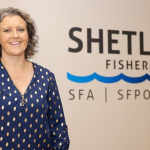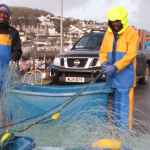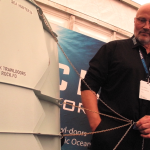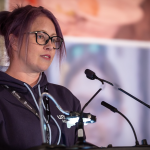A 10% reduction in available volumes as a result of quota losses from the Fishing Rights Allocation Process (FRAP) and a decrease in the TAC made 2022 a tough year for Sea Harvest, as the company made public its figures for the volatile business environment of last year.
Alongside this were a substantial hike in running costs, including a 90% increase in the price of fuel – but the company’s revenue was up across all of its business segments, with steady demand and strong prices
‘The financial year under review was one of the most challenging in Sea Harvest’s history. However, even with 10% volume losses following the Fishing Rights Allocation Process and a reduction in the TAC, load shedding and unprecedented cost inflation, the strength, resilience and diversification of our business resulted in increased revenue and limited the impact to the bottom line,’ said Sea Harvest CEO Felix Ratheb.
‘While our core South African fishing business had an exceptionally tough year, we remain confident in the health and sustainability of the fish biomass. This continues to serve as a strong foundation for the Group. The performance of the Cape Harvest Foods segment was especially robust. The Aquaculture segment showed vast improvement, halving its losses, while the Australian segment doubled its EBIT on a normalised basis.’
He commented that the company managed to achieve the goals it set when it listed in 2017, with focused strategy achieving compound average growth rates in revenue of 20.4% and 15.7% in operating profit over the past six years.
‘The long-term fundamentals for all our segments remain attractive, with firm demand for high- value proteins both locally and internationally. As an export orientated business, the Group will continue benefiting from currency weakness,’ Felix Ratheb said.
‘The completion of the first phase of the Fishing Rights Allocation Process and the sound management of our fishing stocks lay the foundation for long-term stability.’
He stated that the relaxation of stringent COVID-19 policies and the resumption of trade in the Far East in December 2022 bodes well for the future of Sea Harvest’s aquaculture business.
‘As the farms mature with bigger animals, it will allow greater flexibility in products and markets. The acquisition of MG Kailis is exciting, as it doubles the size of the Australian business in vertically integrated sustainable wild-caught high value seafood,’ he said.
‘Finally, we are committed to continuing our cost containment initiatives and developing business continuity measures to address challenges related to energy and water security. Overall, we remain optimistic about our future and that Sea Harvest will continue to develop into a leading, responsible, internationally recognised, vertically integrated seafood and branded fast-moving consumer goods agri-business.’


